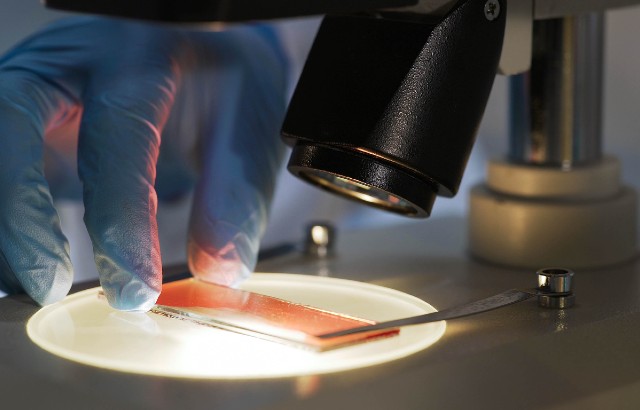Protein Signatures in Blood Can Predict Risk of Developing More Than 60 Diseases
Posted on 23 Jul 2024
Measuring specific proteins to diagnose conditions like heart attacks, where troponin is tested, is a well-established clinical practice. Now, new research highlights the broader potential of protein measurements from a small blood sample to predict a variety of diseases.
In the research, published in Nature Medicine, which was carried out as part of an international partnership involving Queen Mary University of London (London, UK), the investigators used data from the UK Biobank Pharma Proteomics Project (UKB-PPP). This project represents the largest proteomic study to date, analyzing around 3,000 plasma proteins from over 40,000 randomly selected UK Biobank participants. These protein measurements are linked to detailed electronic health records. The researchers applied sophisticated analytical techniques to identify a specific 'signature' of 5 to 20 key proteins for predicting each disease. They discovered that these protein 'signatures' can predict the onset of 67 different diseases, including multiple myeloma, non-Hodgkin lymphoma, motor neuron disease, pulmonary fibrosis, and dilated cardiomyopathy.

The study found that protein prediction models outperformed the ones based on standard clinical information such as blood cell counts, cholesterol levels, kidney function, and diabetes indicators (glycated hemoglobin). While the benefits of measuring and discussing cardiovascular risks are well known, this research introduces new predictive possibilities for a broad spectrum of diseases, particularly rarer ones that often require prolonged periods to diagnose. These insights could lead to significantly faster and more timely diagnoses. However, these findings still need to be validated across different populations, including symptomatic and asymptomatic individuals, and across various ethnic groups.
“Several of our protein signatures performed similar or even better than proteins already trialed for their potential as screening tests, such a prostate-specific antigen for prostate cancer,” said Dr. Julia Carrasco Zanini Sanchez, first author and research student at GSK and the University of Cambridge at the time and now a postdoctoral researcher at PHURI. “We are therefore extremely excited about the opportunities that our protein signatures may have for earlier detection and ultimately improved prognosis for many diseases, including severe conditions such as multiple myeloma and idiopathic pulmonary fibrosis. We identified so many promising examples, the next step is to select high priority diseases and evaluate their proteomic prediction in a clinical setting.”
Related Links:
Queen Mary University of London













